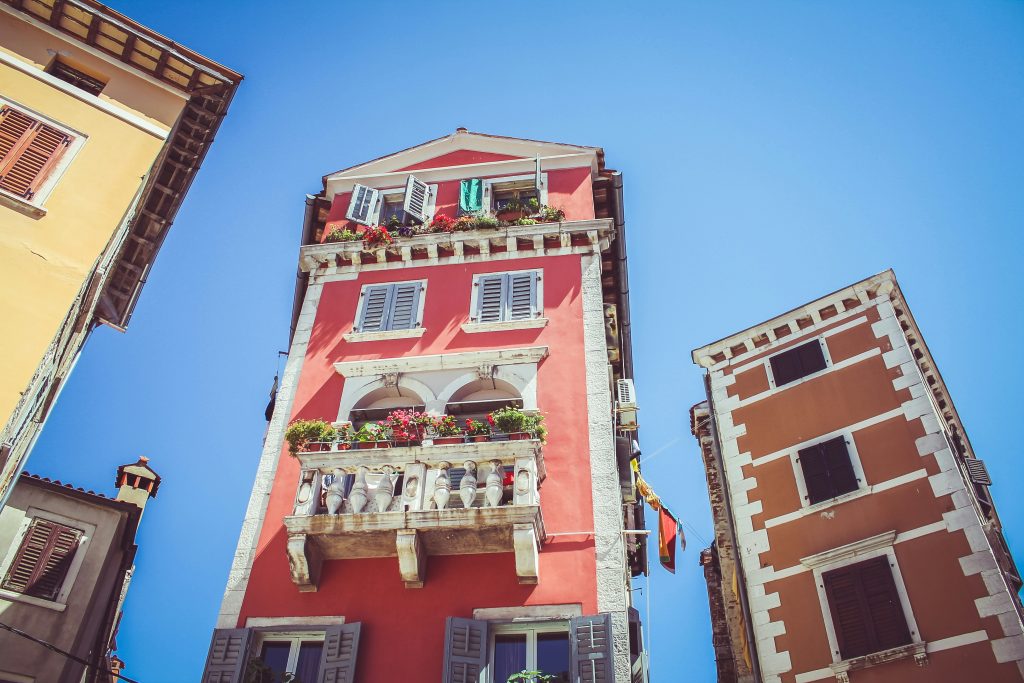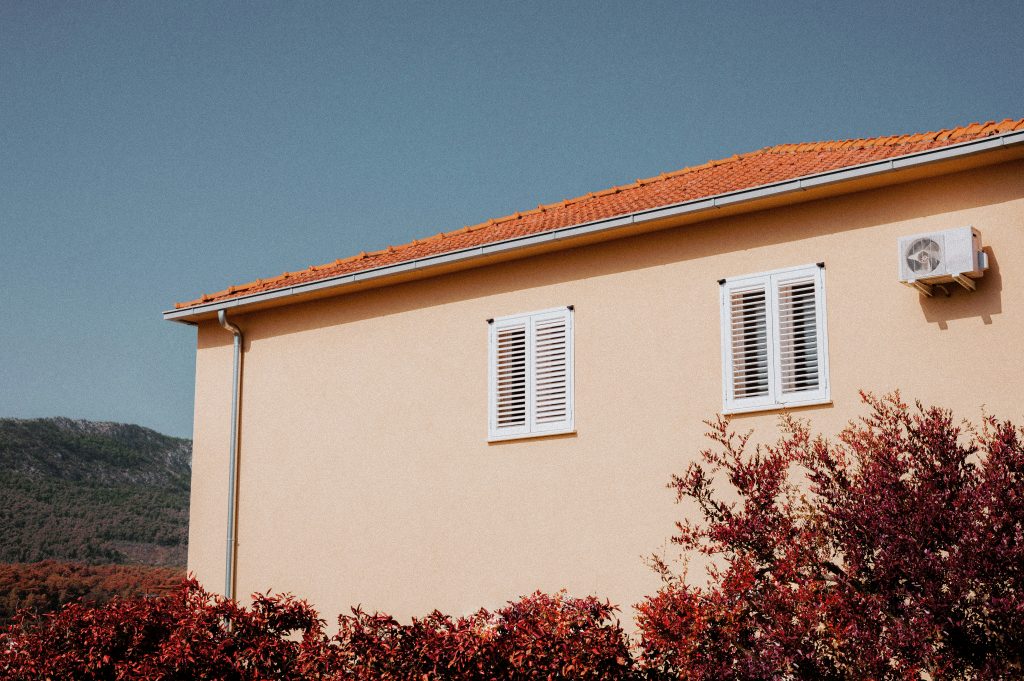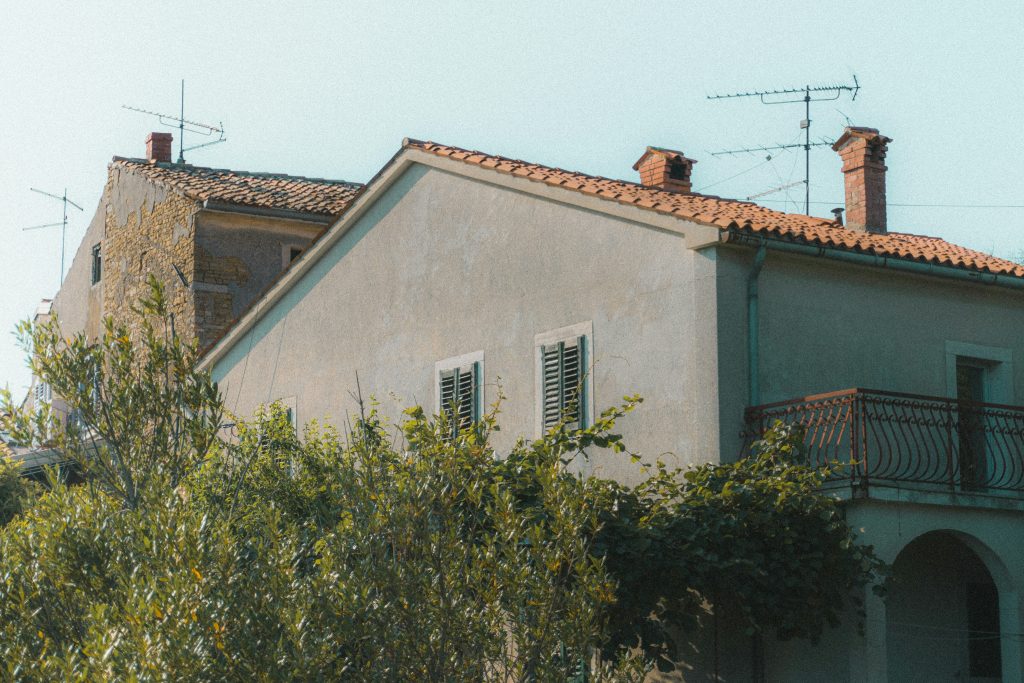September the 4th, 2024 – Croatian property tax is finally set to be introduced after what seems like several years of it being brought up and dropped again. One expert believes that there are some serious issues which need to be resolved before Croatian property tax introduction.
As Poslovni Dnevnik writes, Finance Minister Marko Primorac revealed last week that the government’s current intention is to transform the current tax on holiday homes into a proper Croatian property tax. This new tax would cover all properties in which the owners don’t actually live, nor do they rent out to others on a long-term basis.
Revenues from Croatian property tax introduction would be shared by both the state and the local self-government units in which the properties are located.
The government was supposed to present the details of Croatian property tax introduction, as well as broader tax reforms, on Monday, but the presentation was later postponed to the second half of the week. This is probably because Prime Minister Andrej Plenković hasn’t been in Zagreb, but in Bled in neighbouring Slovenia, where the 19th Strategic Forum has been being held, as reported by N1.
some don’t want to rent, others don’t want to sell…

When delving deeper into Croatian property tax introduction, the question that inevitably arises is what kind of impact it will have on the already somewhat problematic domestic property market. The key motive for proposing this tax was the information about as many as 600,000 properties across the Republic of Croatia sitting there empty.
“If this tax is introduced, some of those properties sitting empty will certainly see them put up for rent, and some of them will be put up for sale,” believes Jasminka Biliškov, the owner of a real estate brokerage agency from Split. She is also the vice-president of the Association of Real Estate Business at the Croatian Chamber of Commerce (HGK).
“If it turns out as announced – that people will have to rent their properties out for at least 10 months per year in order to be exempt from paying these taxes, some people will certainly decide to do so because they will do anything in their power to pay taxes, preferring instead to just receive monthly rent. Some people will put their empty properties up for sale because, for various reasons, they will not want to rent them out or face the new financial burden of keeping them sitting empty.
Some property owners have had to endure bad experiences with tenants. There are often cases where tenants don’t properly maintain the apartments they’re living in and the like. However, it’s still too early to say how many people will decide to rent, how many will prefer to pay these new taxes, and how many will decide to sell off their empty property,” she said.
One huge issue when it comes to Croatian property tax introduction is the endless unsettled ownership relations in the case of many properties that would otherwise face being taxed.
“A lot of apartments don’t have clear ownership structures, so before Croatian property tax introduction, the state would have to make an assessment. Some starting points must also be found in order to determine the tax itself, which cannot be the same for a property in the centre of Split or Zagreb and one in the Dalmatian hinterland, or somewhere in Lika or Slavonia.
In addition to that, many houses and apartments aren’t attractive on the market either for rent or for sale. So, if people will have to pay taxes on them, then that sum should be symbolic. That’s why the assessment of all real estate nationwide is important. In order to be able to evaluate those properties, they must have proper ownership structures, otherwise how will anyone know where the bill is supposed to be sent to? All of this is connected,” explained Biliškov.
supply and demand issues go hand in hand with croatian property tax introduction

Alongside Croatian property tax introduction, a larger number of properties will certainly appear on the market, both for sale and for rent.
“The market is dominated by the law of supply and demand, so if the supply is bad, prices automatically rise. Now, there is a chronic shortage of apartments of 50 to 70 square metres all over the country. When these apartments come up on the market, they’re sold within a mere ten days. In Split, we practically have a waiting list for such apartments, people don’t even have to advertise them. So, when there is a high demand and a weak supply, of course the prices remain an issue,” she pointed out.
However, Biliškov doesn’t believe that the number of properties that would appear on the market after Croatian property tax introduction would cause significant price changes.
“I don’t believe that there will be so many of them that the prices would fall, and that’s precisely because we have a chronic lack of 50 to 70 square metre apartments on the market, and they’re in demand. On the other hand, the cost of construction is very high, materials and everything else have become more expensive, there is a chronic lack of labour force, Croatia is having to constantly import workers… All of this has resulted in quite high construction costs. If in the end they don’t have any profit left, they would rather not invest at all,” she concluded for N1.











